Tehran(bazaar): if a regional economic venture gets initiated featuring Pakistan, Iran, China and Afghanistan, not only the parties involved but the entire region can take benefit from it and it can help to regional stability. It would also help counter negative U.S. influence in the region, said Syed Kashif Ali, the political and economic expert of Pakistan in an exclusive interview with Bazaar.
The whole interview is as follows:
Bazaar: Iran's President Ebrahim Raeesi, in a meeting with Pakistan's Prime Minister Shehbaz Sharif on the sidelines of the United Nations General Assembly in New York, announced that Iran-Pakistan relations are not the usual interaction between two neighbors, but deep relations based on cultural and religious commonalities. To what extent can two countries expand bilateral trade and economic relations through these cultural commonalities? Considering that during the time of Imran Khan, the discussion was about increasing bilateral trade to a large extent.
Syed Kashif Ali: Pakistan and Iran are two brotherly countries having deep cultural, religious, linguistic and geographic commonalities & connections. Currently bilateral trade between the two countries is less than USD $ 500 million which is nowhere near to its true potential.
The main products exported from Iran to Pakistan were Petroleum Gas, Electricity, and Refined Petroleum. Pakistani exports comprising mainly of rice, meat, paper and paper board, chemicals, textiles, fruit & vegetables.
According to experts, both countries can take bilateral trade to $ 5 billion and both the governments have agreed to achieve this target by 2023. Since Pakistan is in dire need to energy and fulfill its energy needs through oil, gas and electricity imports from Iran.
Cruel and unjust economic sanctions imposed by U.S. on Iran is the main hindrance in Pak-Iran bilateral trade. You can see that despite the agreement on Pak-Iran gas pipeline, the project could not be materialized as several governments in Pakistan apprehensive of U.S. probable sanctions, didn't moved ahead on the project.
Secondly, Pakistan is economically dependent upon some Arab countries. More than three million Pakistanis work in Gulf countries. Saudi Arabia provides crude oil and bail out packages to Pakistan. Although, Pakistan wants to increase bilateral trade with it's brotherly neighbor county, Iran, but it's economic dependence on Saudi Arabia, UAE is stopping it to be more enthusiastic about it.
Last but not the least Pakistan also depends upon multilateral institutions like IMF and World Bank which are under the U.S. influence. So, if Pakistan violates U.S. sanctions on Iran, it could land itself trouble. So, unless Pakistan becomes self-sufficient, it will be hard for it to free and independent decision vis a vis Iran.
Iran can offer oil and gas on subsidized rates and deferred payments to Pakistan to reduce it's dependence on Arab countries. If some regional economic ventures featuring regional countries get start, Pakistan may join them as there maybe less pressure on it in case of multilateral economic ventures.
Bazaar: Considering the closeness of Shahbaz Sharif's family with Saudi Arabia, can the relations between Pakistan and Saudi Arabia affect the relations between Iran and Pakistan?
Syed Kashif Ali: Yes, Sharifs have good relationship with the KSA. But no matter who is at the helm in Pakistan, as long as it is economically dependent on KSA, the chances of bilateral trade between Pakistan and Iran reaching to its true potential are less likely to happen.
Bazaar: China and Pakistan are the most important variables for the future of trade with Afghanistan for Iran. With the Taliban's dominance over Afghanistan, the group's close relations with Pakistan, despite remaining differences such as border disputes and Pakistan's support for ISIS between the two countries, the trade barriers between the two sides will be reduced and therefore trade between the two countries will develop. what is your opinion?
Syed Kashif Ali: Pakistan and China enjoy deep economic and strategic relationship. Iran also has good relationship with China as it has inked a strategic deal with it with $ 420 billions over the next 25 years. Both China and Pakistan have significant influence in Afghanistan.
So, if a regional economic venture gets initiated featuring Pakistan, Iran, China and Afghanistan, not only the parties involved but the entire region can take benefit from it and it can help to regional stability. It would also help counter negative U.S. influence in the region.
Bazaar: Pakistan is not willing to give up its monopoly in Karachi and Gwadar port for the benefit of Iran and Chabahar. Therefore, it encourages the Taliban to continue its foreign trade through the traditional route of Karachi and tries as much as possible to neutralize the path of Iran and connect the Taliban with the outside world exclusively through Pakistan. What is your opinion about this?
Syed Kashif Ali: As for Chahbahar is concerned, Pakistan has apprehensions vis a vis India. Pakistan feel India could by pass it utilize Chabahar and enhance it's influence in Afghanistan. So, Iran can assure Pakistan that Chahbahar is not a rival project to Gawadar port.
Rather, both the countries can work together in Afghanistan as they have been doing so for more than a decade vis a vis Afghanistan. I think Pakistan and Iran have convergence in many areas regarding Afghanistan and they can work together to help Afghanistan in trade and security area and help stablise the region by increasing regional trade and ensuring peace.








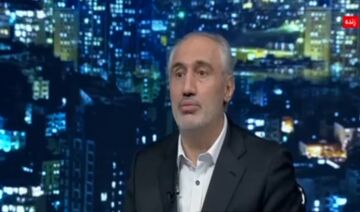
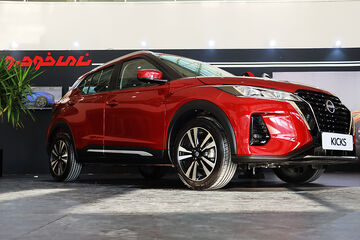

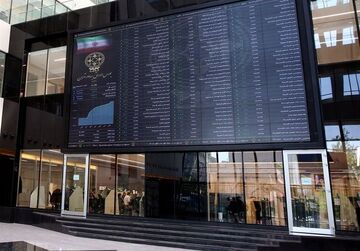

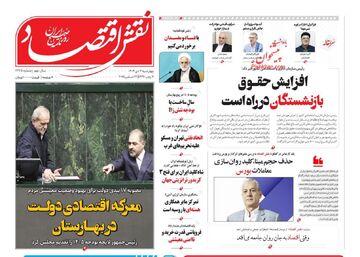
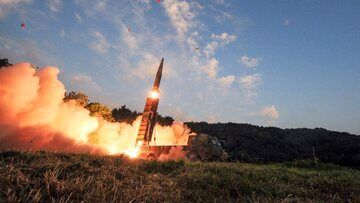

نظر شما